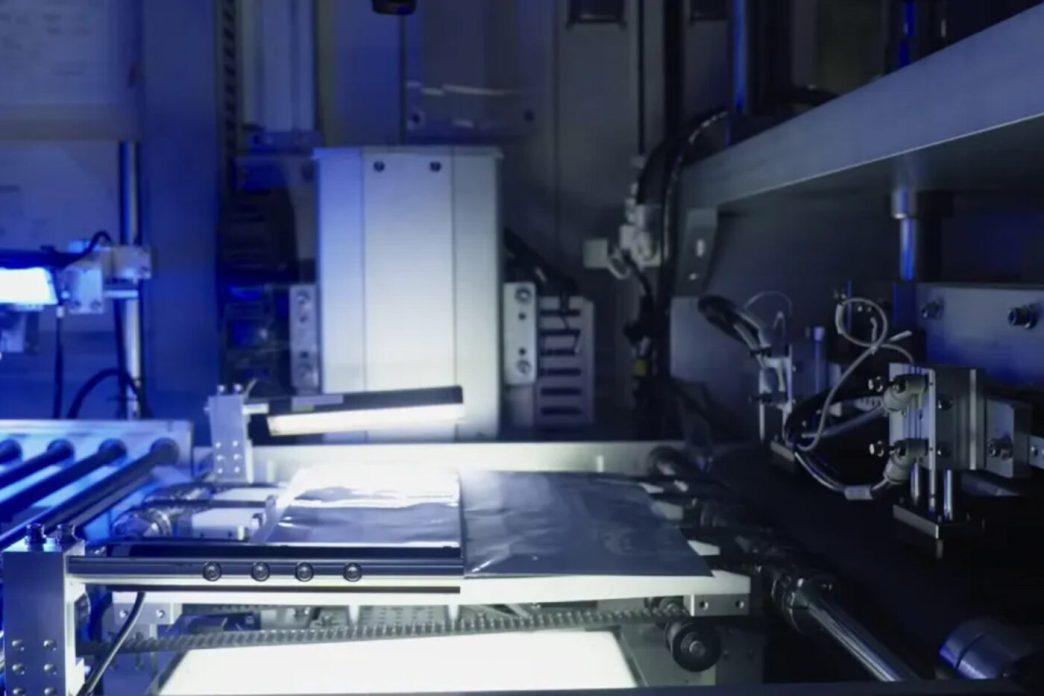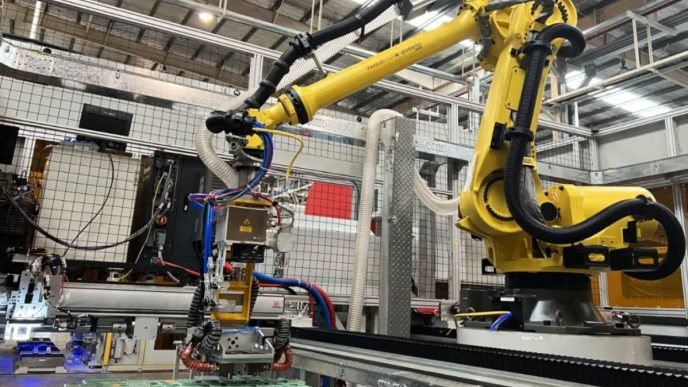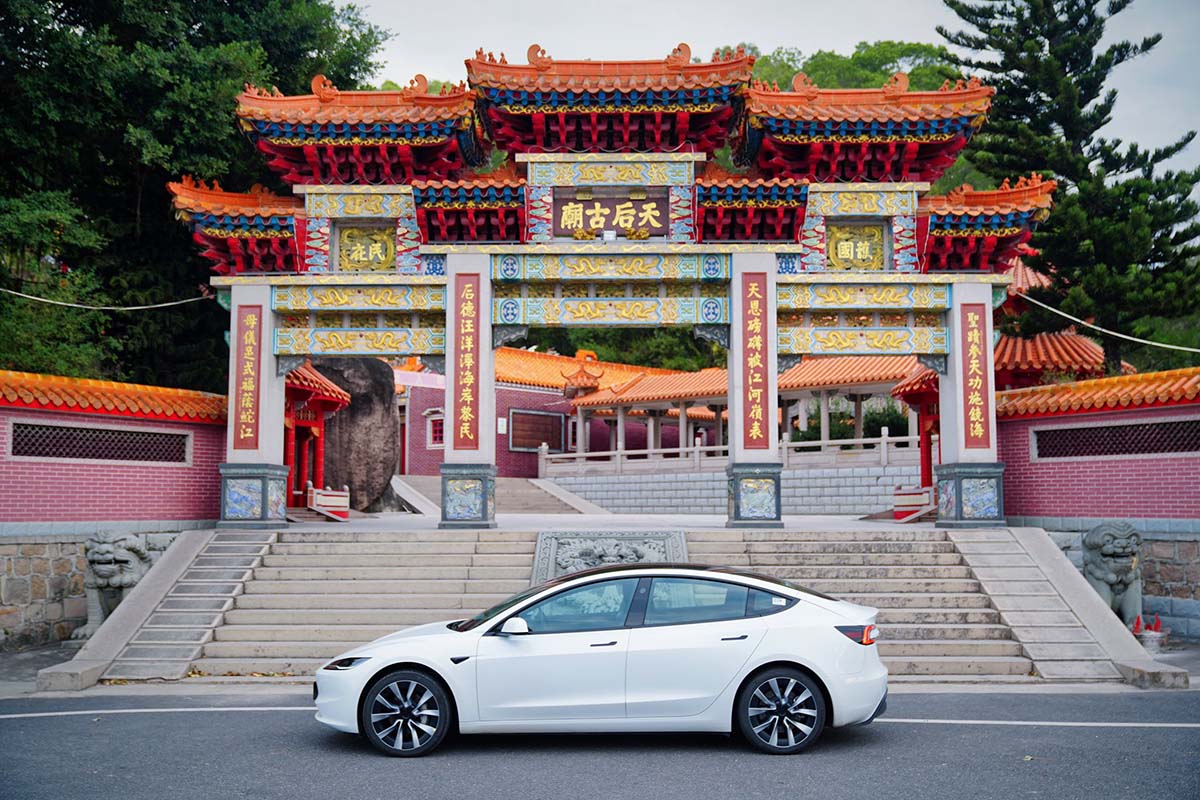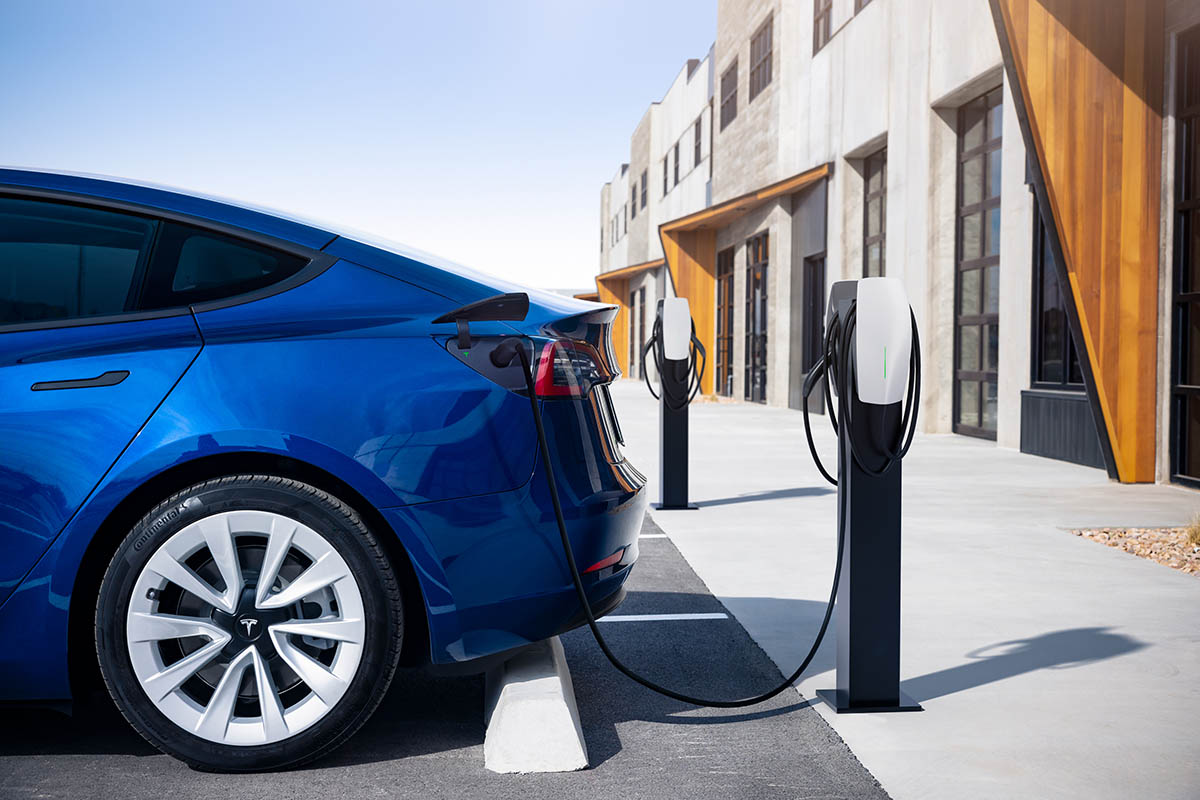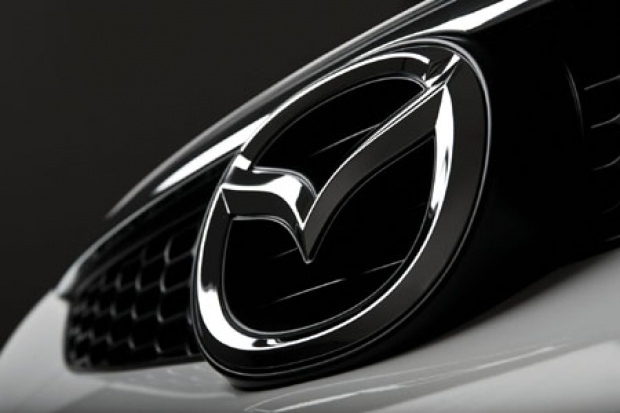Chinese battery manufacturer Farasis Energy has announced significant progress in its development of solid-state battery technology. Its third-generation cells, featuring a fully solid electrolyte for the first time, are undergoing automotive-grade certification and development, with scaling targeted for 2025.
Farasis previously introduced its first-generation semi-solid cells, using a “gel-first technology,” in 2022. These cells are already in use by automakers like Dongfeng, GAC, Geely, and several international clients.
The second-generation cells, employing a new oxide/polymer electrolyte coating, achieve an energy density of 330 Wh/kg and offer a lifespan exceeding 4,000 cycles.
The third-generation solid-state batteries include a highly conductive solid electrolyte, surface-hardening technology for the anode, and an ultra-high nickel content cathode. With a targeted energy density of up to 400 Wh/kg, these cells also incorporate advancements to suppress anode expansion, improving thermal stability and reducing electrolyte usage.
Safety enhancements are a key feature, as the new cells eliminate flammable liquid electrolytes. Farasis reports successful nail penetration, shear, and hot box tests, alongside a built-in safety mechanism to mitigate thermal runaway.
The cells are based on a sulphide system and utilize lithium metal anodes with high silicon content, which traditionally pose durability challenges due to expansion and contraction during cycles. Farasis claims its technology addresses these issues, enabling manufacturing on conventional production lines.
Farasis also revealed plans for a fourth-generation battery system, which will employ an oxide/polymer composite electrolyte. This system could achieve energy densities of up to 500 Wh/kg using lithium metal anodes and high-nickel cathodes. However, this technology is still in the early stages of development, and no timeline for commercialization has been disclosed.


